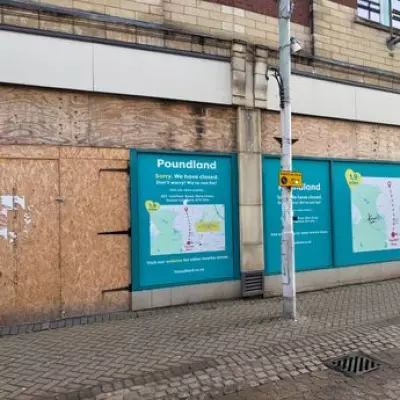
In a major policy announcement that could transform the fortunes of Britain's struggling high streets, Shadow Chancellor Rachel Reeves has declared the current business rates system "broken" and pledged sweeping reforms if Labour comes to power.
The Case for Change
Speaking passionately about the need for urgent action, Reeves highlighted how the existing regime has created an uneven playing field, disproportionately burdening brick-and-mortar retailers while their online competitors enjoy significant advantages. "The system as it stands is simply not fit for purpose," she stated unequivocally.
The Shadow Chancellor's intervention comes amid growing concern about the accelerating decline of traditional shopping areas across the UK. Empty shop fronts have become a common sight in many town centres, with longstanding family businesses forced to close their doors permanently.
Levelling the Playing Field
At the heart of Labour's proposed reforms is the fundamental principle of fairness. The party aims to rebalance the tax burden between physical retailers and digital giants, ensuring that online businesses contribute their fair share to the public purse.
Key elements of the proposed overhaul include:
- Modernising the valuation system to reflect the digital economy
- Providing immediate relief to struggling small businesses
- Creating a more responsive system that adapts to economic changes
- Ensoring sustainable funding for local services
Economic Lifeline for Retailers
Business leaders and retail associations have welcomed the announcement, describing it as a potential lifeline for the sector. Many have long argued that the current business rates model penalises investment in physical premises and discourages property improvements.
Reeves emphasised that her reforms would not simply tinker around the edges but would represent a fundamental rethink of how we tax business property in the 21st century. "We need a system that encourages investment and innovation, not one that stifles growth," she told audiences.
The Road Ahead
While the detailed policy framework is still being developed, the Shadow Chancellor's commitment to wholesale reform signals Labour's intention to make business taxation a central plank of their economic offering to voters. The announcement positions the party as champions of traditional retailers and small business owners.
With high streets across Britain facing unprecedented challenges, this bold policy initiative could not be more timely. As one retail analyst noted, "This could be the catalyst that finally drags our business rates system into the modern era."
The coming months will see intense scrutiny of Labour's proposals as business groups, economists and political opponents examine the fine print of what could become one of the most significant economic reforms of the next parliament.





